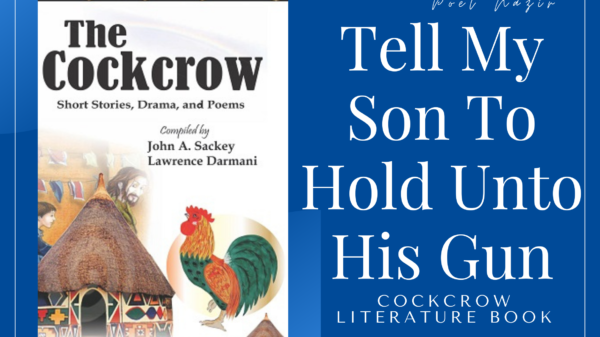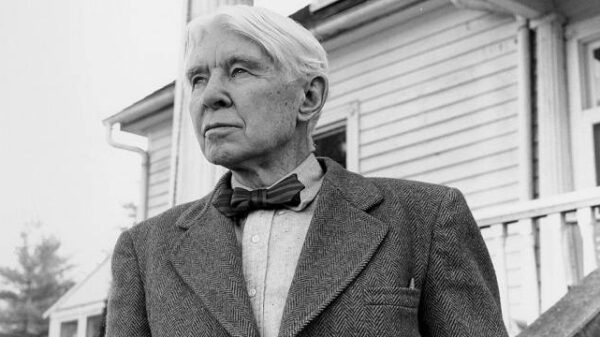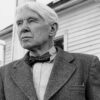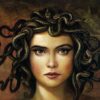There are actually a thousand poets who can use stanzas to narrate a feeling, a story or prove a point about their experiences and thoughts. To this, formal Verse and free verses are the two main approaches poets use to carry on with their work.
Read Also: What Is Poetry? Definitions According To Popular Poets In Different Situations
Formal Verse

A formal Verse is a piece of poetry that follows a stiff repeating pattern just like limericks and sonnets. Formal Verse stanzas have a specific rhyme scheme and a good matching meter. In the history of English poetry, Robert Frost was known for such structure of stanzas.
According to the late Piet, writing in free verse always feels like playing tennis without a net. Some examples of stanzas written in formal verses are William Shakespeare’s sonnets. Example is;
Sonnet 130
Written By William Shakespeare
My mistress’ eyes are nothing like the sun;
Coral is far more red than her lips’ red;
If snow be white, why then her breasts are dun;
If hairs be wires, black wires grow on her head.
I have seen roses damasked, red and white,
But no such roses see I in her cheeks;
And in some perfumes is there more delight
Than in the breath that from my mistress reeks.
I love to hear her speak, yet well I know
That music hath a far more pleasing sound;
I grant I never saw a goddess go;
My mistress, when she walks, treads on the ground.
And yet, by heaven, I think my love as rare
As any she belied with false compare.
Read Also: Understand Prose: Kinds, Elements, Characters, Figures of Speeches
Free Verse Stanzas
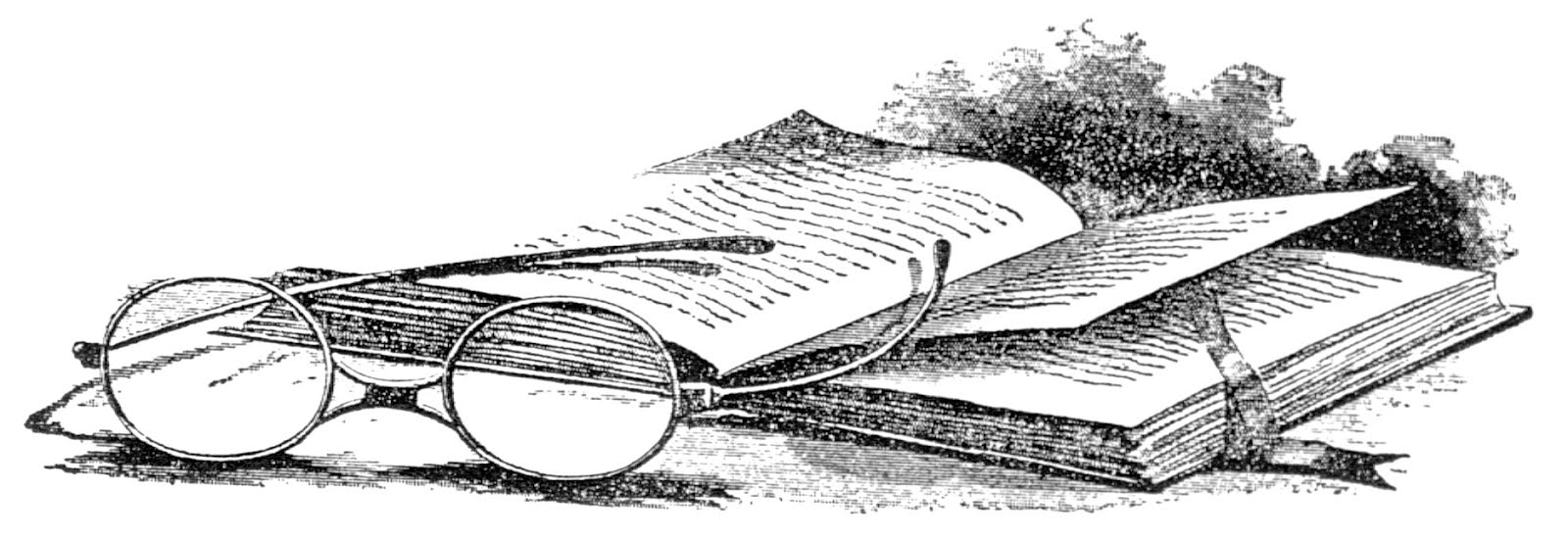
Free Verse stanzas in poetry don’t follow a specific meter or rhyme pattern/scheme. Here, different types of stanzas can be adopted within the poem. An example of a poem written in free verse is Walt Whitman’s poem,’To a Locomotive in Winter’.
“To a Locomotive in Winter”
Written By Walt Whitman
Thee for my recitative,
Thee in the driving storm even as now, the snow, the winter-day
declining,
Thee in thy panoply, thy measur’d dual throbbing and thy beat
convulsive,
Thy black cylindric body, golden brass, and silvery steel,
Thy ponderous side-bars, parallel and connecting rods, gyrating,
shuttling at thy sides,
Thy metrical, now swelling pant and roar, now tapering in the
distance,
Thy great protruding head-light fix’d in front,
Thy long, pale, floating vapor-pennants, tinged with delicate
purple,
The dense and murky clouds out-belching from thy smoke-stack,
Thy knitted frame, thy springs and valves, the tremulous twinkle
of thy wheels,
Thy train of cars behind, obedient, merrily following,
Through gale or calm, now swift, now slack, yet steadily careering;
Type of the modern—emblem of motion and power—pulse of the
continent,
For once come serve the Muse and merge in verse, even as here I
see thee,
With storm and buffeting gusts of wind and falling snow,
By day thy warning ringing bell to sound its notes,
By night thy silent signal lamps to swing.
Fierce-throated beauty!
Roll through my chant with all thy lawless music, thy swinging
lamps at night,
Thy madly-whistled laughter, echoing, rumbling like an
earthquake, rousing all,
Law of thyself complete, thine own track firmly holding,
(No sweetness debonair of tearful harp or glib piano thine,)
Thy trills of shrieks by rocks and hills return’d,
Launch’d o’er the prairies wide, across the lakes,
To the free skies unpent and glad and strong.
Poet Nazir is a writer and an editor here on ThePoetsHub. Outside this space, he works as a poet, screenwriter, author, relationship adviser and a reader. He is also the founder & lead director of PNSP Studios, a film production firm.



